Filter by
The language used throughout the course, in both instruction and assessments.
Choose the Food Science Course That Aligns Best With Your Educational Goals
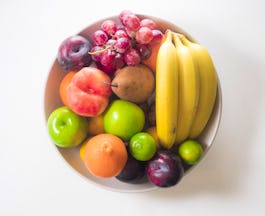 Status: Free
Status: FreeStanford University
 Status: Free
Status: FreeThe Hong Kong University of Science and Technology
 Status: Free
Status: FreeUniversity of Manchester
 Status: Free
Status: FreeStanford University
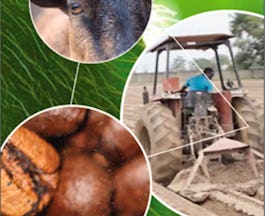 Status: Free
Status: FreeUniversity of Copenhagen
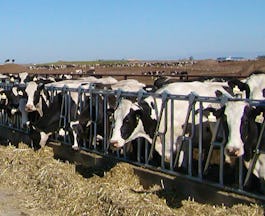 Status: Free
Status: FreeThe Pennsylvania State University
Skills you'll gain: Leadership and Management
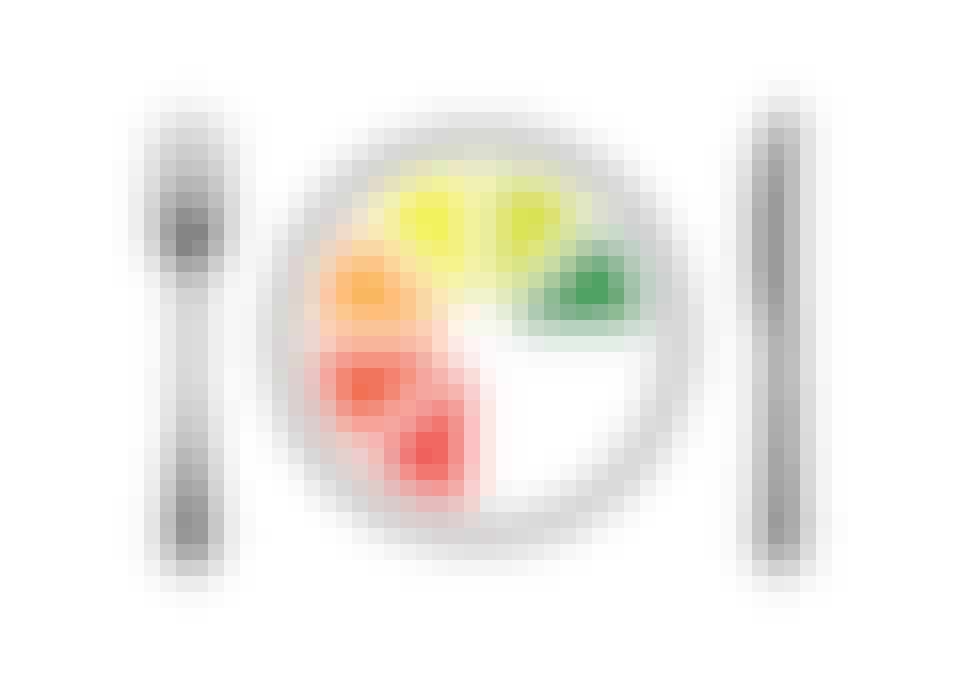 Status: Free
Status: FreeThe University of Edinburgh
Skills you'll gain: Critical Thinking
 Status: Free
Status: FreeYale University
 Status: Free
Status: FreeStanford University
Skills you'll gain: General Statistics, Probability & Statistics, Statistical Analysis, Critical Thinking, Basic Descriptive Statistics, Data Analysis, Statistical Tests, Probability Distribution, Problem Solving, Statistical Visualization

University of California, Davis
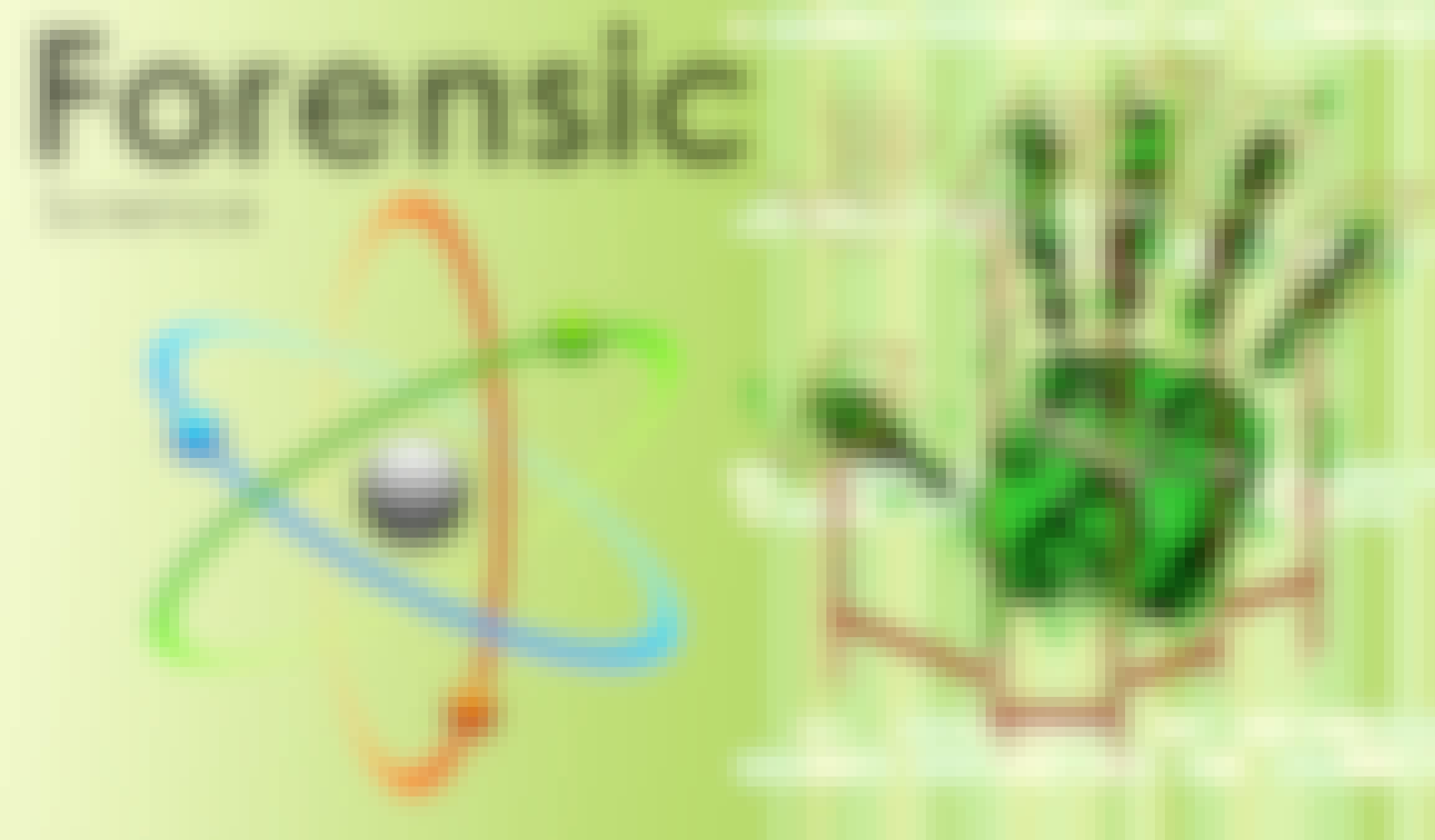 Status: Free
Status: FreeNanyang Technological University, Singapore
Skills you'll gain: Critical Thinking

University of California, Davis
In summary, here are 10 of our most popular food science courses
- Stanford Introduction to Food and Health: Stanford University
- The Science of Gastronomy: The Hong Kong University of Science and Technology
- Industrial Biotechnology: University of Manchester
- Child Nutrition and Cooking: Stanford University
- Transformation of the Global Food System: University of Copenhagen
- Dairy Production and Management: The Pennsylvania State University
- Understanding Obesity: The University of Edinburgh
- The Science of Well-Being: Yale University
- Introduction to Statistics: Stanford University
- Foundations of Sensory Science: University of California, Davis










